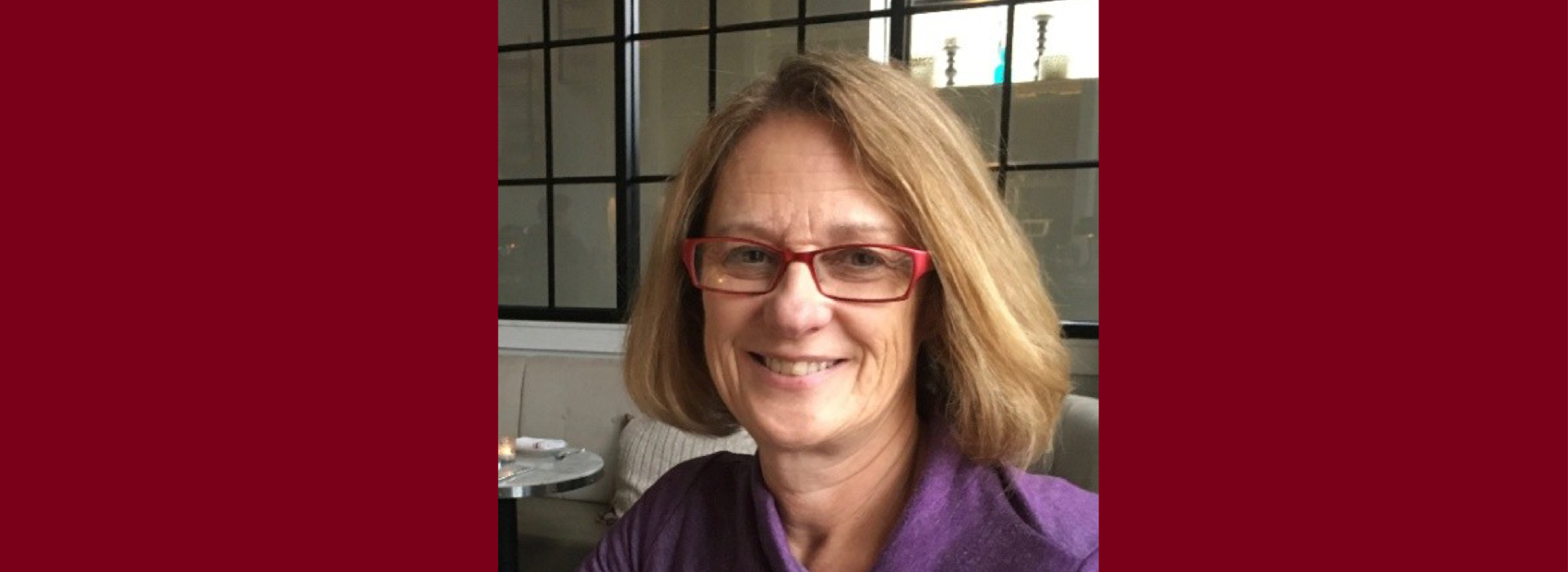
Alumni Spotlight: Dr. Tanya Repka
Dr. Tanya Repka began her education and career in health information science, but, early on, she knew she wanted to expand her professional experience. A physician in her workplace encouraged her to apply to medical school, noting her affinity for science.
In 1980, she entered the University of Minnesota Medical School Duluth Campus. After starting clinical work at the U of M Twin Cities campus, rotating through hospitals, she knew I wanted to focus on internal medicine. Following an internship in San Francisco, she returned to Hennepin County Medical Center (HCMC) for her residency and chief year.
At HCMC, Dr. Repka was still determining which subspeciality she wanted or if she wanted a subspeciality. But, as she describes, “I fell in love with hematology and oncology and decided to do a fellowship in that area.” Dr. Repka attributes her strong interest in basic science and research and her hematology and oncology mentors as factors in selecting her subspecialty.
She also found working with cancer patients inspiring and heartwarming. She shared, “Your worst day may be one of their best days. If you can improve things like their pain or nausea, even just a little bit, it can make a huge difference.”
Dr. Repka researched sickle cell anemia and thalassemia as a fellow, even traveling to Israel to expand her research. She also worked with patients in clinical trials. She said, “You want patients to enter clinical trials if they can, but you must balance it with what is best for the patient. It requires a team of people to help patients fully understand their situation and make well-informed decisions.”
Dr. Repka connected strongly with breast cancer patients. She was intrigued by the science and new developments in treatment, such as monoclonal antibodies, which were changing the landscape. Most of her patients were women, and she could relate to many of the symptoms they were experiencing. “They were dealing with hot flashes, body dysmorphia and issues related to sexuality. Many of these women were primary caregivers in their families, requiring a lot of support.”
Dr. Repka underscored the tremendous support available to breast cancer patients. “The support groups and foundations for breast cancer are fantastic.” She noted the annual San Antonio Breast Cancer Symposium, one of the most extensive meetings for breast cancer clinicians and basic science researchers. Many patients and advocates attend the meeting, bringing a critical perspective to the ongoing work.
Another important aspect of Dr. Repka’s career was teaching. She shared. “I loved teaching. From the medical students to the fellows, they will teach you things and challenge you.” She noted that working as a physician, especially in oncology, is an exercise in lifelong learning.
Dr. Repka retired in 2016 and now resides in Duluth, MN.